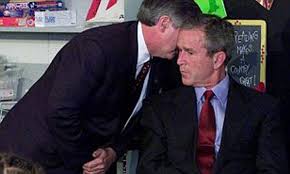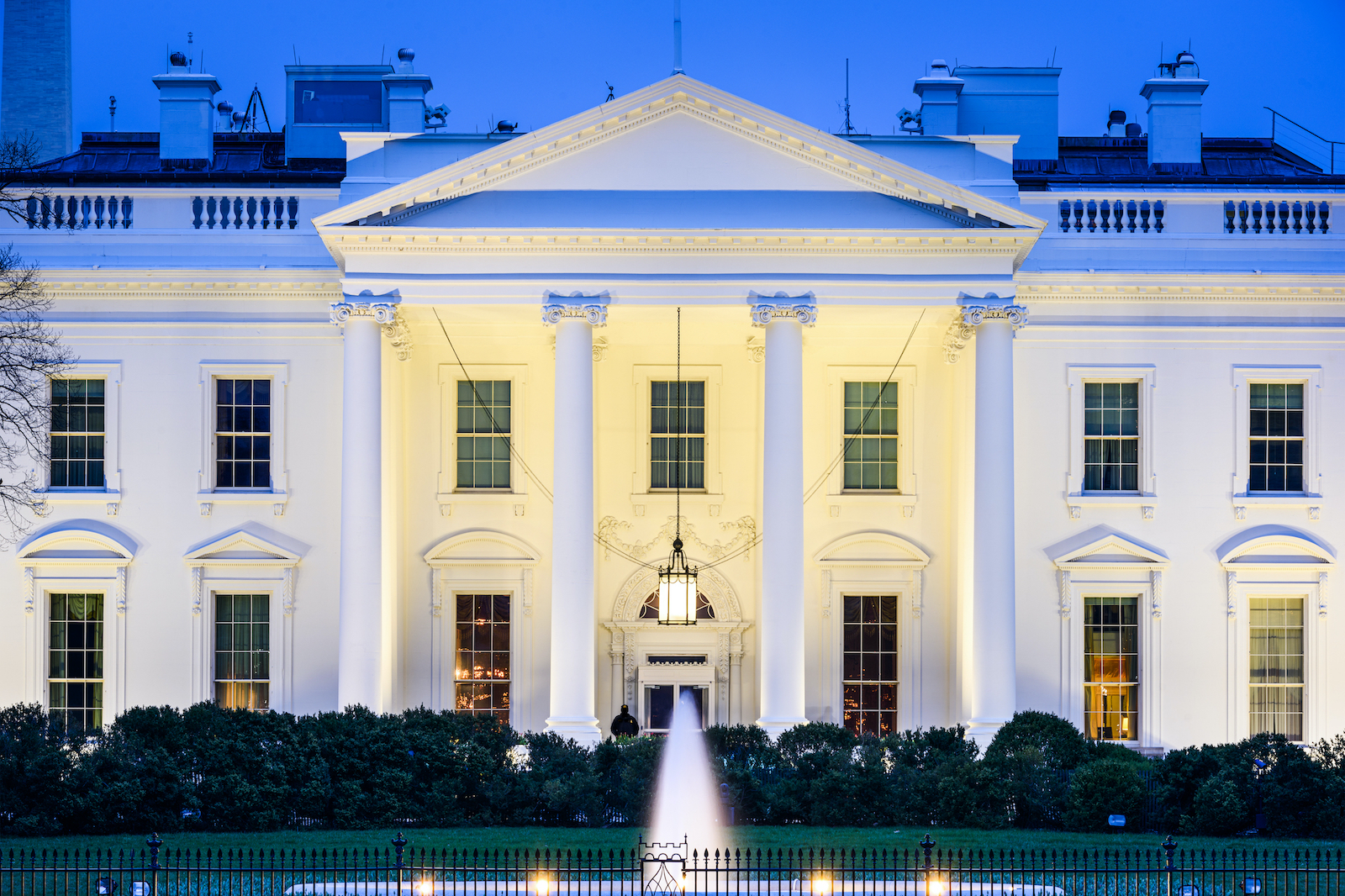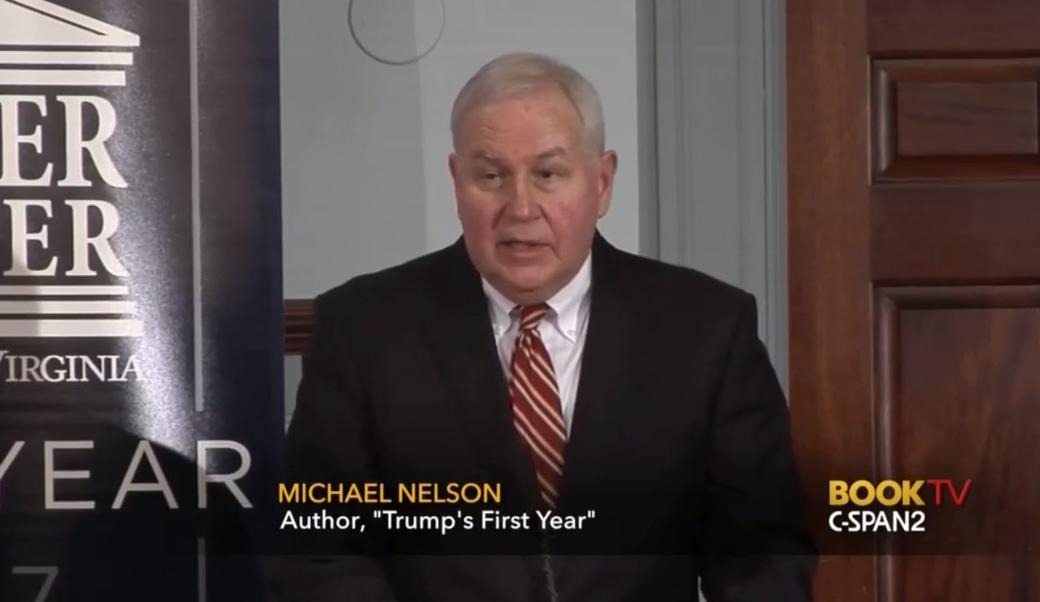Blog
April 27, 2020
The George H.W. Bush transition to power
Andrew Card, chief of staff to President George W. Bush and deputy chief of staff to President George H.W. Bush, shares his perspective on the surprisingly challenging “friendly” transition from President Reagan to President George H. W. Bush. Card shares insights from his distinguished career in the Reagan, George H.W. Bush and George W. Bush Administrations.
[tunein id=”t142450706″]Read the highlights:
Dave: One of the challenges of the Reagan to H.W. Bush transition was how Bush put his own stamp on the presidency. Reagan was an incredibly popular president, a strong president. He revolutionized the Republican party, but Bush had to show that he was different. How did you do that? And what are the key things that President Bush did early on to say this will be a different tone, a different presidency, a different approach?
Andrew: “It started with George H.W. Bush, who recognized that he didn’t have the same personality as Ronald Reagan. He wasn’t the same kind of communicator as Ronald Reagan. And the world was also different. George H.W. Bush has got the greatest resume of anyone who’s ever been president, but it’s a resume grounded in relationships and relationships developed through his years at the UN, or as Envoy to China, or CIA director, or Chairman of the Republican Party or Vice President. Whereas Ronald Reagan’s was kind of built by a celebrity status and great communications, the ability to translate political jargon into common everyday language. I think George H.W. Bush recognized he wasn’t Ronald Reagan. He agreed with Ronald Reagan on most of the policy aspects, but he wasn’t Ronald Reagan. He was going to have a different style to his government.”
Dave: So, George H.W. Bush was vice president and he was a candidate for president. How much time did he actually spend on the transition and how often did the transition team brief him or meet with him?
Andrew: “Most of American history has had transitions centered around hostile takeovers: my candidate lost, your candidate won and it’s a different party. This was a friendly takeover, so we had the added burden of managing the expectations of people working for President Reagan who just assumed if George Bush got elected president that they would stay in their job… But candidly, the campaign was so focused on the campaign, they were not spending a lot of time thinking about the transition. It was kind of left [to] the day after the election.”
Contrasting “friendly” takeovers, where the outgoing and incoming presidents are of the same party, and “hostile” takeovers, where the two are of different parties, Card noted:
“The friendly takeover has the expectation from people who are working on ‘the same team’ that they’re going to continue to work on the same team. In a hostile takeover, everybody understands there’s a new sheriff in town. This creates expectations that things are going to change, including people… I ran the transition out when there was a hostile takeover when Bill Clinton came in and George H.W. Bush was leaving office… obviously the vast majority of people, according to the Clinton incoming team, would be to resign. It was surprising how many people, including cabinet members, said, ‘No, no, I’ll just wait until they remove me. I’m not planning to leave.’ And President Bush said, ‘No I promised I would clear the decks, we’ll clear the decks.’ It was much easier to do that in the context of a hostile takeover than a friendly one where the conversations were very different.”
Dave: There was a tough election [in 1992], the country wanted change. Since then, the country and history has shown a much more favorable light on George H.W. Bush. What do you think his biggest legacy will be?
Andrew: “His biggest legacy I think is that he was a decent man and truly respected by people who didn’t agree with him. He worked very very hard at not practicing braggadocio. It was never about him. He was a very, very humble leader. He had remarkable relationships on Capitol Hill, on both sides of the aisle. He had the ability to forget who his enemies were, and he would see them as friends.”
Dave: What would you advise the Trump people to be doing now to think about a potential second term?
Andrew: “Well, I think it’s very important that you not [wait to] start your planning for a second term until after you’ve won the right to have the second term. If you wait that long to start your planning, you’ll probably be about six months late before you can implement it.”



